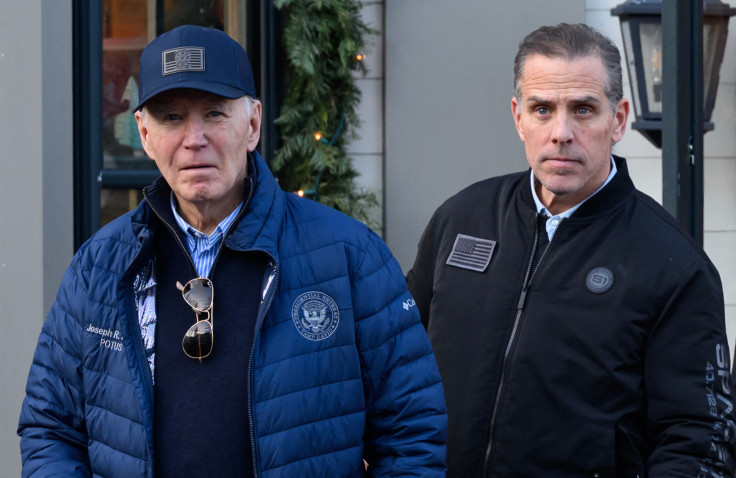
In an unexpected move, President Joe Biden pardoned his son Hunter Biden before he was set to be sentenced this month on two different charges: one regarding the purchase of a gun and another one for tax evasion. This comes just weeks before Donald Trump's second presidential term begins, with the president-elect condemning the executive action as "an abuse and miscarriage of justice."
Political experts are analyzing whether there is a scenario in which Trump could overturn Biden's pardon. Some claim it is impossible, pointing to the U.S. Supreme Court ruling in United States v. Klein (1871), which held that Congress cannot alter the effect of a presidential pardon and suggested that pardons, once issued, are irrevocable.
Overturned Pardons in History
Others, such as English lawyer David Allen Green, point to two overturned pardons in U.S. history. The first took place in 1869 when President Grant revoked a pardon issued by outgoing President Johnson before the pardon was delivered. According to Green, the court allowed it only because the pardon was not finalized.
Comparably, in 2008, President George W. Bush canceled a pardon he granted after discovering political donations linked to the person he pardoned. In this case, the pardon was not fully completed either.
In both of these precedents the revocation was possible because it had not been completed – the procedural equivalent of dashing to the post room to intercept a letter before it is actually sent out. Neither of these precedents therefore are directly on the point of whether a pardon, once completed, can be revoked.
-David Allen Green
Greene went on to analyze the English origin of the U.S. President's clemency powers and described the possibility of overturning a pardon as a legal gray area. The expert asserted that any attempts to revoke or challenge a completed pardon would likely result in unprecedented court rulings, ultimately raising the prospect of "more constitutional excitement during the Trump presidency."
Limits on Presidential Pardons
A U.S president has the power to issue pardons before, during, or after legal proceedings of federal offenses only. If Biden's son had violated a state law, he would not have been eligible for his father's pardon.
According to the United States Courts, pardons remove any punishment and guilt from a conviction but may not erase the crime entirely in some contexts. A president's pardon can free someone from legal punishment and prevent prosecution, but it does not clear someone's criminal record, meaning the offenses can still be used to prosecute the individual in future legal proceedings.
© 2025 Latin Times. All rights reserved. Do not reproduce without permission.





